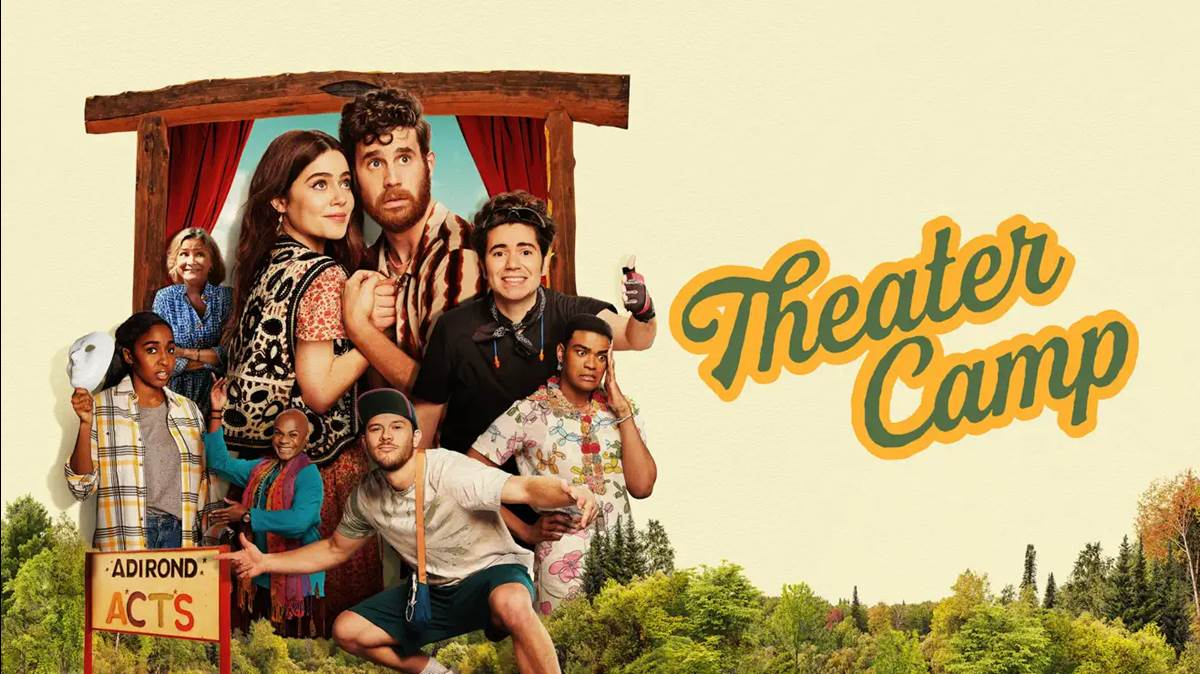According to headcounters, about 1/4 of the people on the planet were not alive when Michael Jackson was ... but I would wager many of them know his music, if not the man.
The rumors, the charges, the trials, the (startling) physical metamorphosis, and the death might, for some, overshadow Jackson's importance to popular culture worldwide.
No shortage of material about Jackson -- warts and all -- is available for those who aren't familiar. I think the most fascinating document is the film that was released just months after Jackson's death -- This Is It. It's a record of his rehearsals for an upcoming tour.
I watched this engrossing picture three times over the course of its opening weekend in October 2009.
First, I wanted to see if there were any signs of illness captured on film. Aside from his gauntness, he didn't appear to be ailing.
Then, I watched it to think about the choices made by veteran TV and video director Kenny Ortega in compiling what would be Jackson's last performance.
Finally, I watched it to be astounded, once more, by the preternatural artistry that defined Jackson from his childhood.
I left the last viewing having affirmed something that really didn't need affirmation -- we are all more than one thing.
In the case of Michael Jackson, this may have been truer than it was for most of the rest of us. Tragically so.










.jpg)


